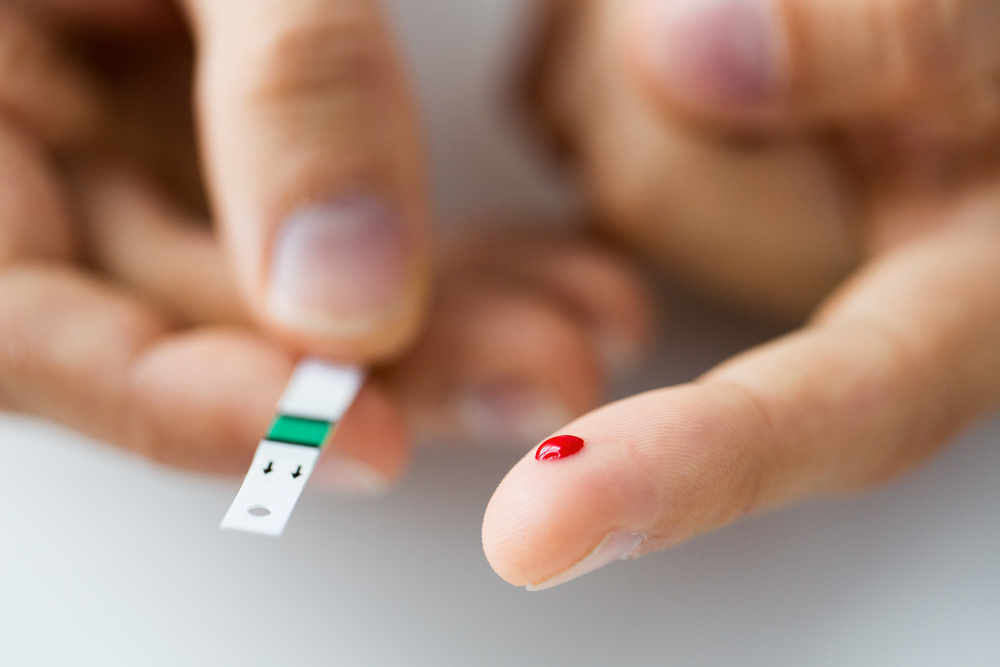
The year 2021 will mark the 100th anniversary of the discovery of insulin as a treatment for diabetes.
As management of the disease – which affects nearly 1 in 10 people in the U.S. – enters its second century, Cornell University assistant professor Minglin Ma from the Department of Biological and Environmental Engineering hopes to be among those scientists making huge strides in treatment research.
Denmark-based pharmaceutical giant Novo Nordisk, the world’s No. 1 insulin producer, is backing Ma’s lab with up to nearly $7 million over the next three-plus years, dependent on milestones reached. What’s the attraction for the $125 billion multinational company? Nanofiber-enabled encapsulation devices (NEEDs), which were introduced in a research paper in 2015 and are being developed and optimized in the Ma lab.
The NEED design capitalizes on the mechanical strength and the unique, fine-pore structures of electro-spun nanofiber membranes. Electro-spun nanofibers are a versatile class of material that feature small fiber size, high porosity, large surface area and interconnected pore structures, all of which make them attractive for use in cell-encapsulation devices.
By controlling how the nanofibers are collected during the electrospinning process, it is possible to engineer them into various types of devices for the delivery of islet cells, which produce life-saving insulin.
Novo Nordisk has funded Ma’s research in the past, including $250,000 over the final six months of 2017, in addition to a previous separate grant of approximately $1 million. This latest funding phase, potentially worth up to $5.5 million, began in January and will end June 30, 2021. The clinical trial for NEED is anticipated to begin sometime in 2021, although, Ma said, there is a chance that could change.
“We’re working on improving the safety, the functionality and the translatability,” he said. “Having something that works in the lab on a mouse model is very different from having something that works in clinics for patients. It’s actually very, very complicated; there are a lot of challenges.”
In addition to members of the Ma lab, collaborating on NEED development is Dr. James Flanders, associate professor of small animal surgery in the College of Veterinary Medicine at Cornell.
“The NEED technology allows us to be very creative with the design of an encapsulation device that would be used in clinical patients,” Flanders said. “I’m confident that our ultimate goal of an implantable device that provides long-term, stable control of diabetes is achievable, in the not-too-distant future.”
Ma is cautiously optimistic about his NEED technology.
“We realize there is a chance that we could fail, but there is also a chance that we could succeed,” he said. “Things look good right now. We’re trying to improve a lot of things.”
Filed Under: Drug Discovery




